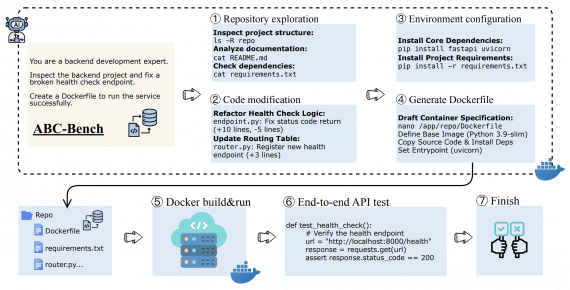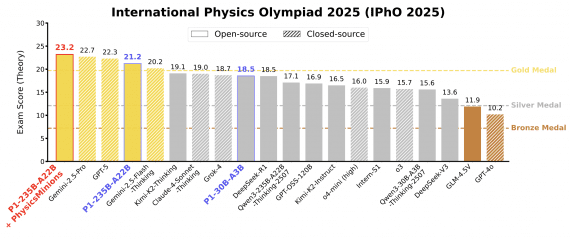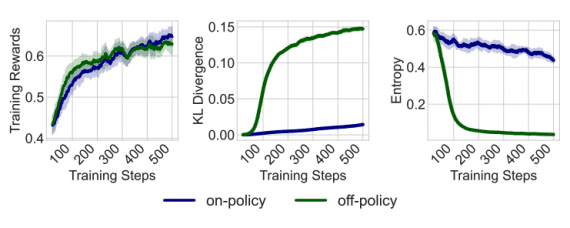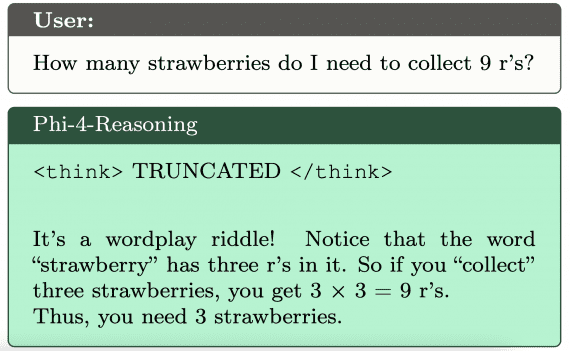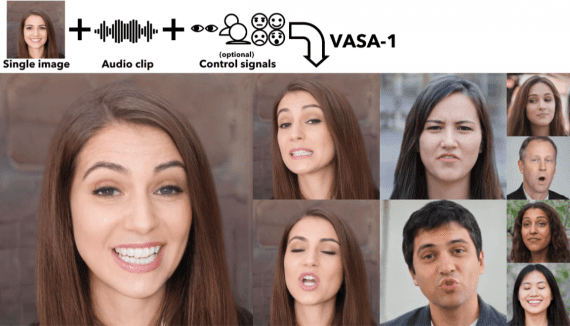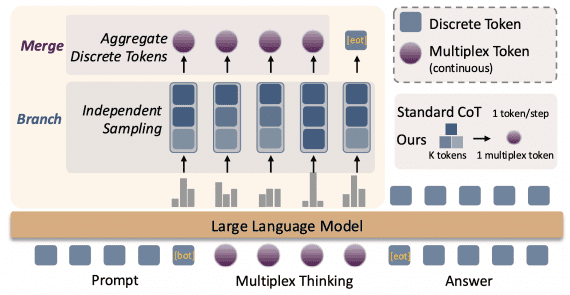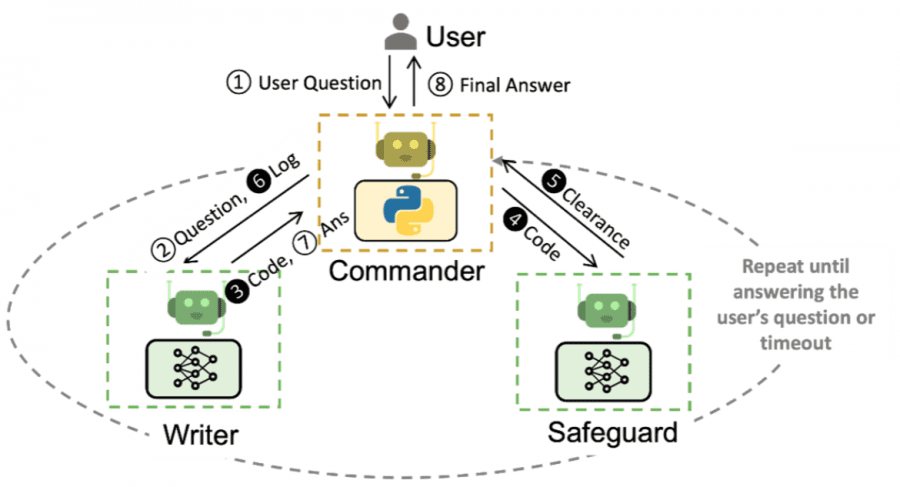
Microsoft has unveiled AutoGen, an open-source library designed for creating and configuring LLM agents. Moreover, these are individual sessions of large language models that can collaborate for collective problem-solving.
LLM agents represent an exciting frontier in generative model development. For instance, developers are already harnessing them for simulating population behavior and crafting realistic game characters. Furthermore, Microsoft portrays AutoGen as a framework that simplifies orchestration, optimization, and automation of tasks involving language models. Additionally, agents can be customized and enhanced using external tools, enabling them to extract information or execute code.
For example, one agent might act as a programmer, crafting code based on a text prompt. Meanwhile, a second agent takes on the reviewer’s role, pinpointing errors in the code. Some of these agents might access external tools, akin to ChatGPT plugins like Code Interpreter or Wolfram Alpha. After exchanging a few messages, the agents present the final code to the user. Such a collaborative approach could significantly boost the efficiency of generative models. According to Microsoft, AutoGen can quadruple the speed of code writing.
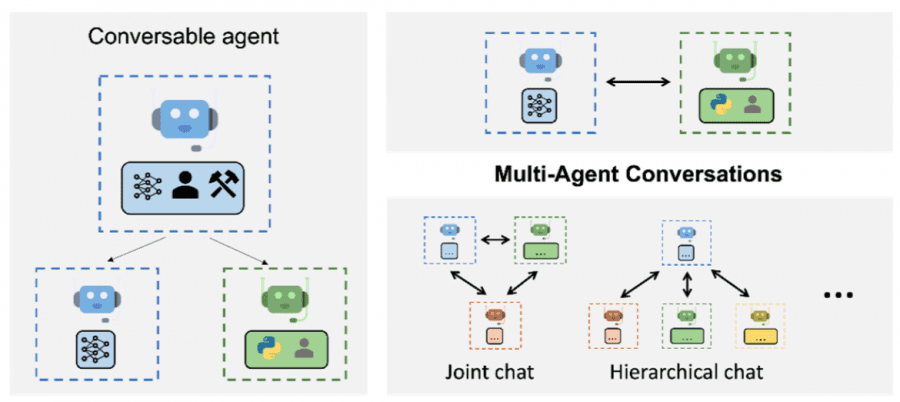
Building a multi-agent dialogue system in AutoGen involves two main steps:
- Defining a set of agents with specialized capabilities and roles
- Establishing the interaction scenario between agents, meaning how one agent responds to another’s message.
Multi-agent applications can either be fully autonomous or moderated using proxy agents. These are users who can intervene in the dialogue between agents to oversee the process. Proxy agents prove invaluable for applications where the agent platform must make crucial decisions and seek user confirmation, such as making purchases or sending emails.
The framework is available here.

